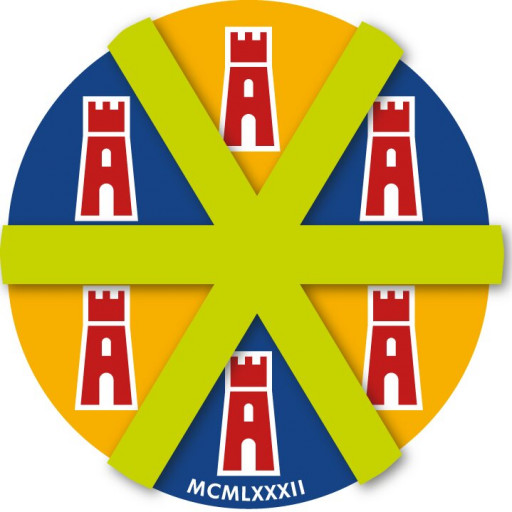Description
Advertisement
The study program Building Technology is focused on scientific methods of research in the area of building technology, on development of new methods and improvement of the existing methods of building processes modeling. At this study program are developed the methods of polyoptimal design of mechanized building processes, analyzed the possibilities of building process automation a robotics and developed the principles of scientific research under arrest on life-cycle of buildings, qualitative, environmental and safety aspects of new technologies and products and effective management of building processes during the building planning, realization and maintenance.









